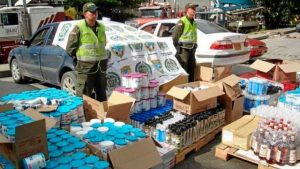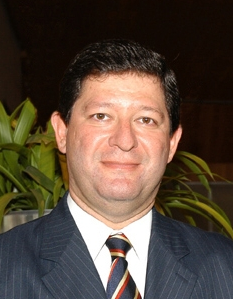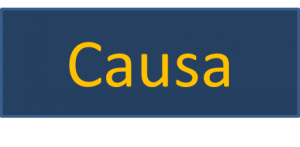By Claudia Rondon *
Brazil is experiencing an unprecedented situation, caused by the deep crisis that involves ethical and moral values. We Brazilians have to face the dimension of corruption. We always knew that there was corruption in the spheres of power, but Operation Lava Jato brought to light details and figures never imagined. The size and constancy of corruption makes us indignant. We have to turn this indignation into an opportunity, so that the country can change, once and for all.
The change will come with the new generations. But what do today's young people think about corruption and ethics? To get that answer, the Brazilian Institute of Competition Ethics (ETCO), a client of RP1, ordered a survey from Datafolha. The research, qualitative and quantitative, was carried out with 1.048 young people between 14 and 24 years old in 130 municipalities across the country.
The conclusion: 90% of young people consider Brazilian society as having little or no ethics. Reproducing what we traditionally do, young people attribute misconduct to others. When assessing themselves, the rate changes: 63% say they are ethical most of the time in their daily lives. The family has a better image, although in a still problematic scene: 57% consider family members to be unethical or not at all ethical. Friends are seen as unethical or unethical by 74% of respondents.
Worrisome. Even more worrying is the disbelief in change. For 56%, no matter what you do, society will always be unethical. Most also have a flexible and elastic view of ethics: 55% admit that it is impossible to be ethical all the time. More. They say they can act unethically if they don't harm anyone.
There is hope when it comes to professions. The survey asked for an evaluation from 0 to 10 in ten professional categories. Firefighters are considered the most ethical (grade 8,7), followed by teachers (8,5). Finally, of course, are politicians (2,2).
There is also hope when it comes to discussing the topic. For 87% of young people, talking about it with family and friends would make Brazilian society more ethical.
Precisely to discuss the issue further, ETCO has developed an online platform that will support teachers to address the topic in the classroom (www.eticaparajovens.com.br). That's right. We need to talk about ethics. At home, at school, at work, in society.
Claudia Rondon is president of the Directive Council of the Brazilian Association of Communication Agencies (Abracom) and president and founder of RP1 Comunicação













